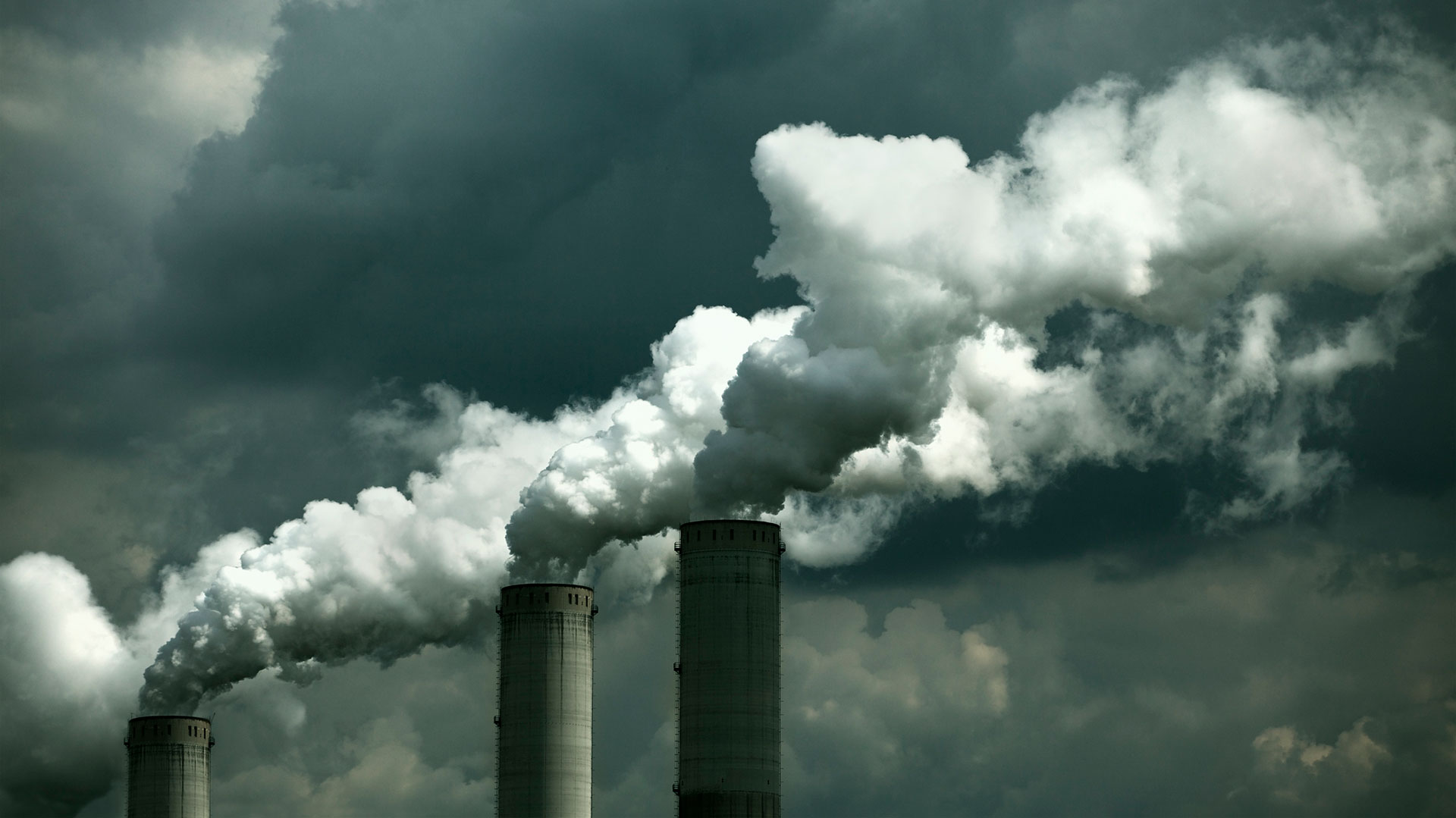You cannot avoid our dutiful attachment to the past. The past is all about us, either as ancient, dirty, planet-destroying fossil fuel, or as political values and postures that are as obnoxious as the toxic waste we use as fuel.
Extracting energy from the defunct forests of prehistory seems not dissimilar to our insistence on taking up all the old moralistic thinking and recycling it as new. So you could say our cars are driven by toxic waste and our current thinking is toxic; unable to reach consensus and always in pursuit of the baddie.
The environmental degradation of the last 60 years has been unprecedented – we’ve been eating away at our own life support systems at a rate unseen in the past 10,000 years. From the time we generally accepted that burning and slashing forests and combusting shite was bad news for us all, we began to destroy on an even higher level. The general and gradual improvement of our thinking around race and gender, sexual and liberal freedoms – unheard of in recorded times – coincided with toxic levels of life-threatening proportions.
In short, manufacturing and despoliation went hand in hand with our growing liberality.
Our concern about seemingly everything, from the blue-nosed whale to the destruction of indigenous peoples and their language, has therefore come at an enormous cost. You might even say it is because of consumerism and its attendant pollution that we have got more caring – which we wouldn’t have done without the vast freedoms and improvements of our lives as consumers.
That our sense of powerfulness and need to intervene in the at times justice-free world grows from our power before the marketplace. Our widening ability to buy more and more of capital’s junk has made us strong enough to complain.









